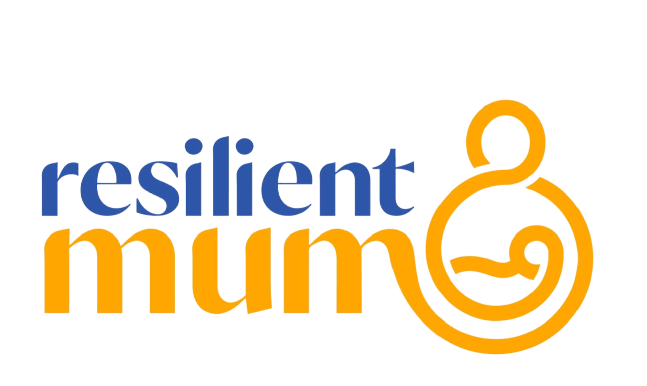The earlier the intervention the better. The age for early intervention is up to 6 years of age. Early childhood intervention gives children the support they need in order to grow, thrive and reach their full potential.
Early intervention for autism, ideally beginning before age 3, can significantly improve developmental outcomes. The key areas typically addressed include:
Communication and Language Development:
- Speech therapy to develop verbal and non-verbal communication skills
- Alternative and augmentative communication (AAC) systems when needed
- Early language modeling and social communication training
Social Skills Development:
- Teaching fundamental social interactions like turn-taking and joint attention
- Structured play activities to practice peer interaction
- Parent coaching to facilitate social engagement at home
Behavioral Interventions:
- Applied Behavior Analysis (ABA) adapted to each child’s needs
- Positive behavior support strategies
- Teaching self-regulation and coping skills
Daily Living Skills:
- Supporting sensory processing and motor development
- Building independence in routines like eating, dressing, and toileting
- Developing adaptive skills through naturalistic teaching
Family-Centered Approaches:
- Parent training and coaching
- Integration of interventions into daily family routines
- Support for caregivers in understanding and responding to their child’s needs
The most effective early intervention programs tend to be:
- Intensive (15-25 hours per week)
- Individualized to each child’s specific needs
- Delivered by trained professionals in collaboration with families
- Based on developmental and behavioral principles
- Regularly evaluated and adjusted based on progress
